In response to a scenario on a List, where a person was
confused as to how it is said that mind has no qualities, and yet it is said to have compassion, fearlessness, in-destruction etc.
There are a couple of layers in response to this. As a Shentongpa, I cannot help responding from a Kagyu Shentong perspective. Looking at what your friend said in your description above, there is a very clear distinction indeed between what he said, and what your Lama said.
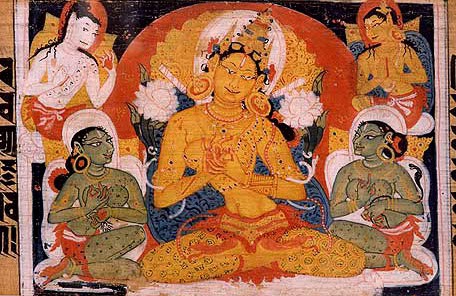
Does the mind have solid qualities?
When we look at mind, and look at its nature, do we see qualities such as colour, weight or size? Surely when we look and examine, the answer must be ‘no’. However hard we look, or however long, we never see any qualities such as colour, weight or size to mind. It is clear in looking at mind that these things never appear to arise. At all!
But, when we look at mind, and look at it with respect to what your Lama mentioned, do we ever see the qualities of compassion, fearlessless or indestruction (I will check back with you at the end to make sure I understand this term correctly) appear to arise? Well, the answer must surely be ‘yes’. If we look at the mind, deeply, and for long enough, we will surely see these things arise. Colour, weight and size never ever arise in mind, but compassion, fearlessless and indestruction do arise. So it can be said that the mind doesn’t have the characteristics of the former group, but it does have the characteristics of the latter.
Mere appearances – arising
But, do these things that appear to arise have substantial existence? This is why I use the word ‘appear’ in the sentences above …. ‘appear to arise’. These qualities like compassion do indeed appear to arise. They appear to our mind, and so may be said to be qualities of the mind, unlike the other group. But, and this is very important, though they appear to the mind, they do not have any substantial existence. When you examine them deeply, these things like compassion that appear to arise … well, they are not there! They are not there at all. They appear to arise, but actually, there is nothing there which can be held and said ultimately to be ‘compassion’ or the rest. When you look deeply, they just melt away before the awareness, like rainbows, like illusions. So, in classic language, they appear, but are empty. Again, in classic language, conventionally, or relatively, they exist, ie, they appear to arise, but ultimately, they do not, ie, on deep looking, there is nothing there at all which can be held, or captured, or really grasped by the mind.
So, I hope this is clear …. the first group never ever appear to arise, the latter group appear to arise (merely appear, but are actually empty), so they can be said to be qualities of the mind.
Of course, depending on the perspective one is taking in asking the questions, ie, relative or ultimate, these things will appear as a contradiction or be consistent. So one must be careful to establish the level from which the question is being asked if you wish to answer at the right level.
Shentong – other empty
Turning to the second level, on a slightly deeper level, in a sense, this issue throws light on the Shentongpa position on Buddha nature.
From this perspective, the mind is said to be empty of all qualities which are adventitious, which are not ultimate, but the mind is not empty of those qualities which pertain to Buddha nature. This is why the Shentong perspective is said to be ’empty of other’, whereas the Rangtong position is said to be ’empty of self’.
So, from the Shentong position held by most Kagyu’s, (and Nyingma’s) and therefore presumably by your lama, the mind is empty of all adventitious defilements … so this would include uncompassion, but it is not empty of compassion.
I hope this makes sense?
best wishes to you in the Dharma

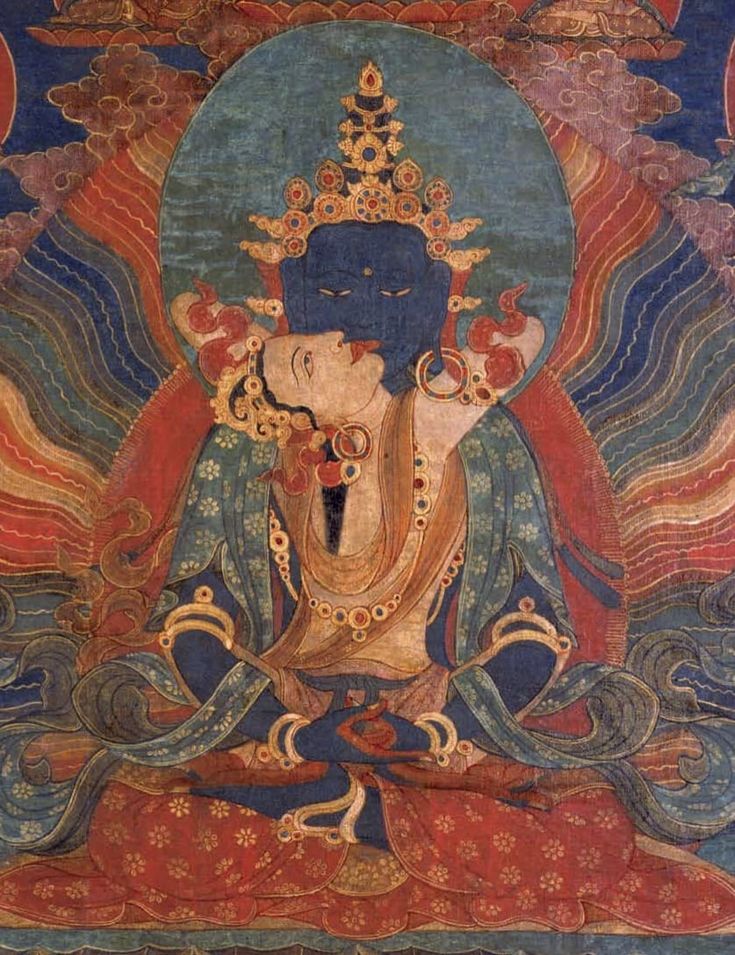
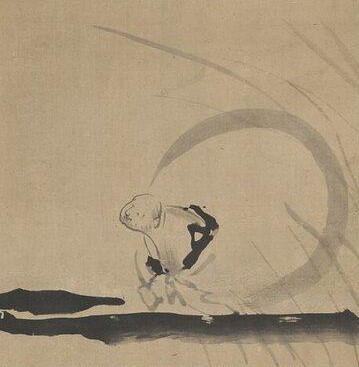
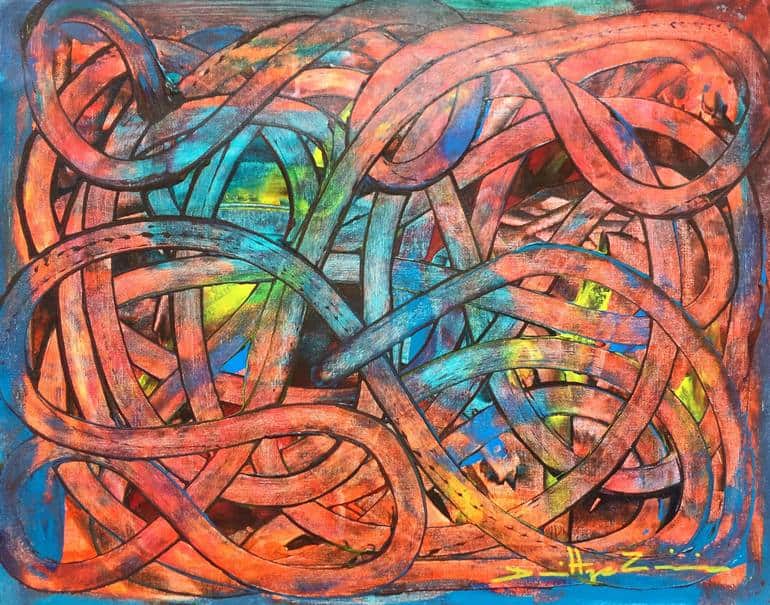
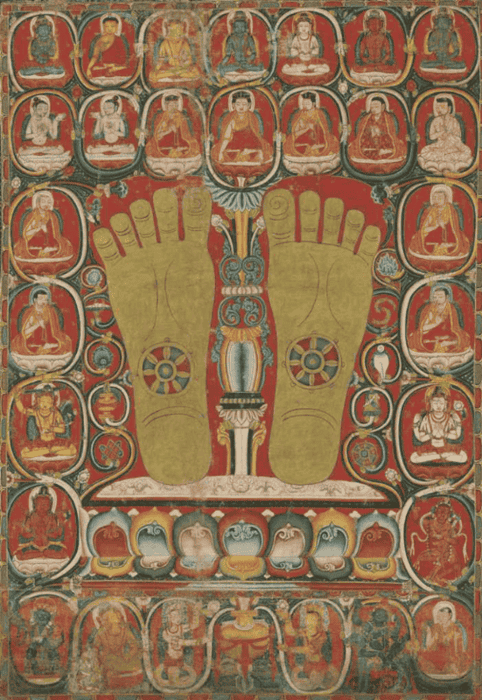
Re-reading this all these years later I have to say I would no longer express some of this in this way!
Far too dualistic and crude 🙂
I can see what I was pointing at, but I hadn’t fully penetrated this at the time.